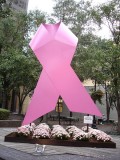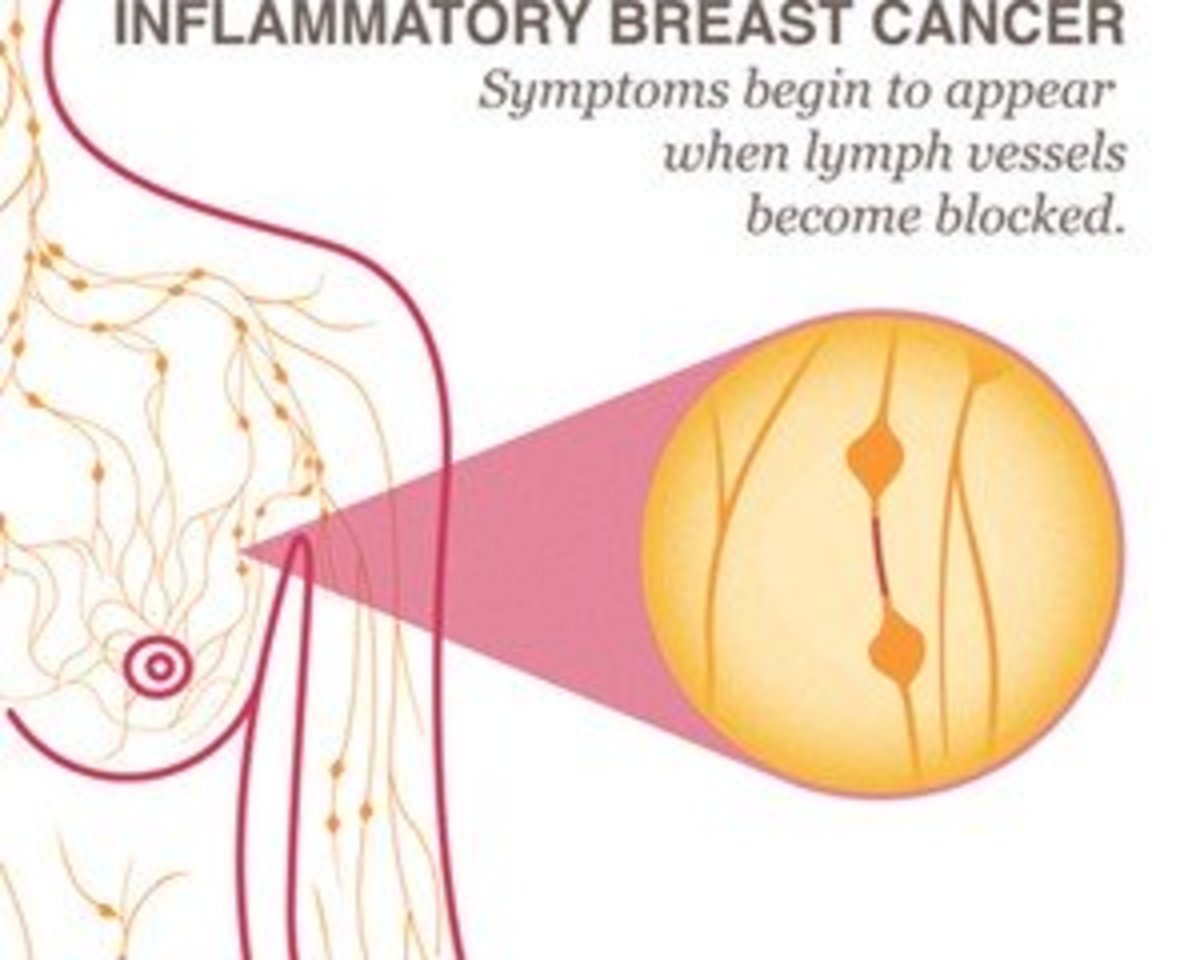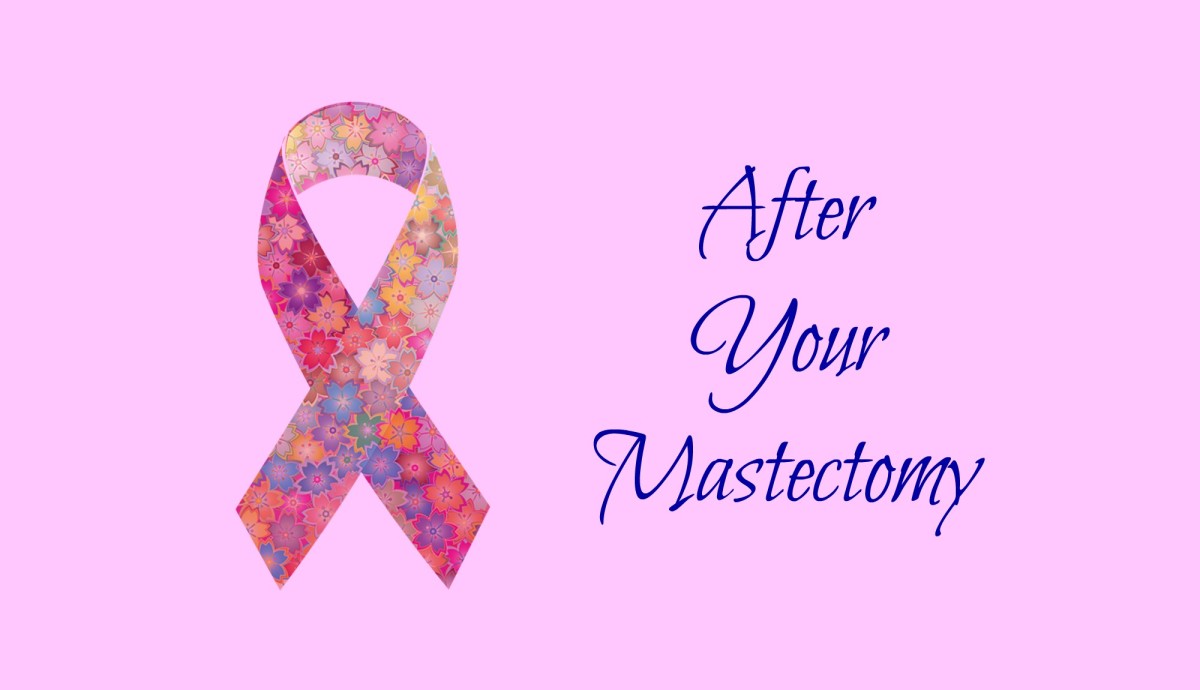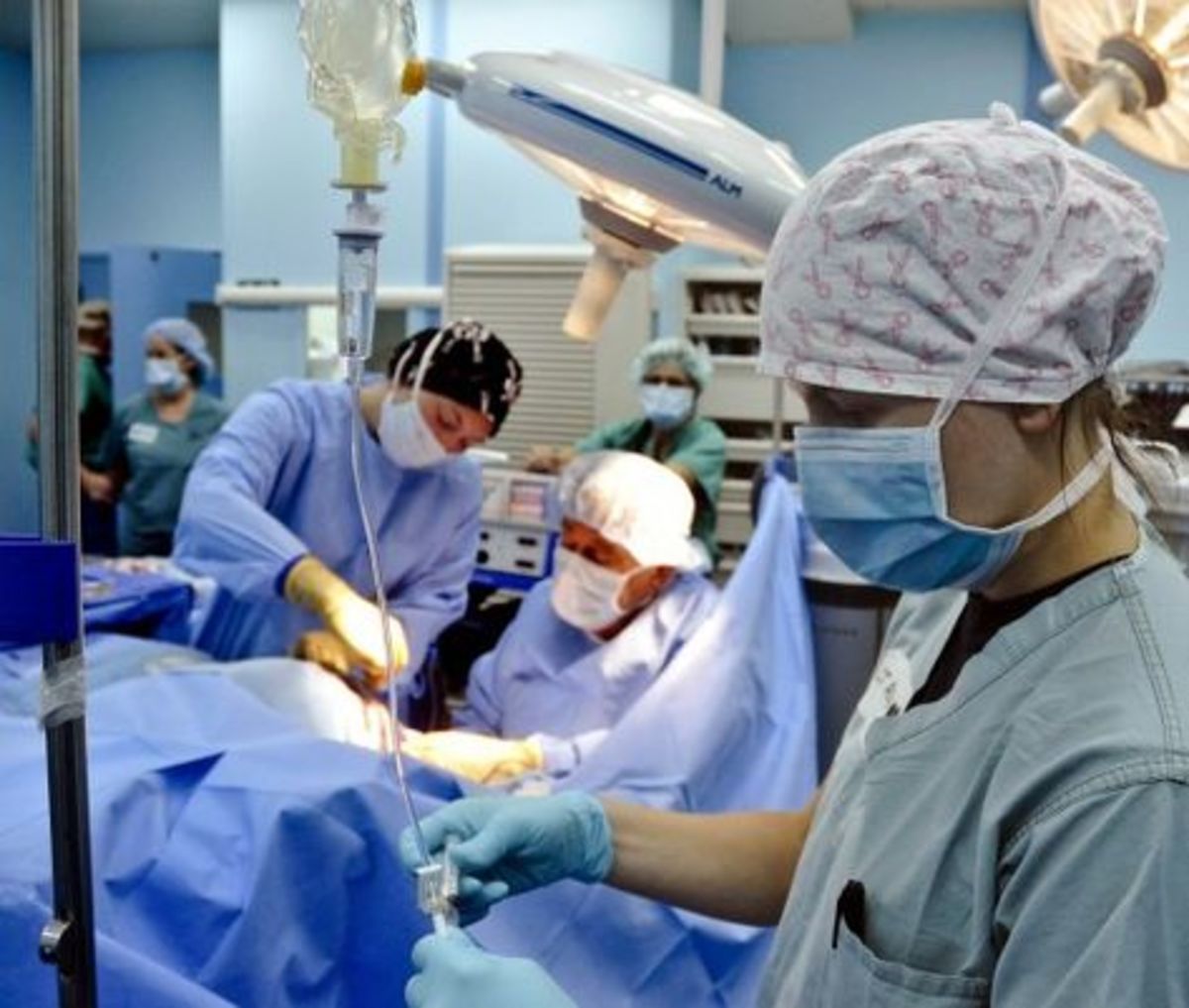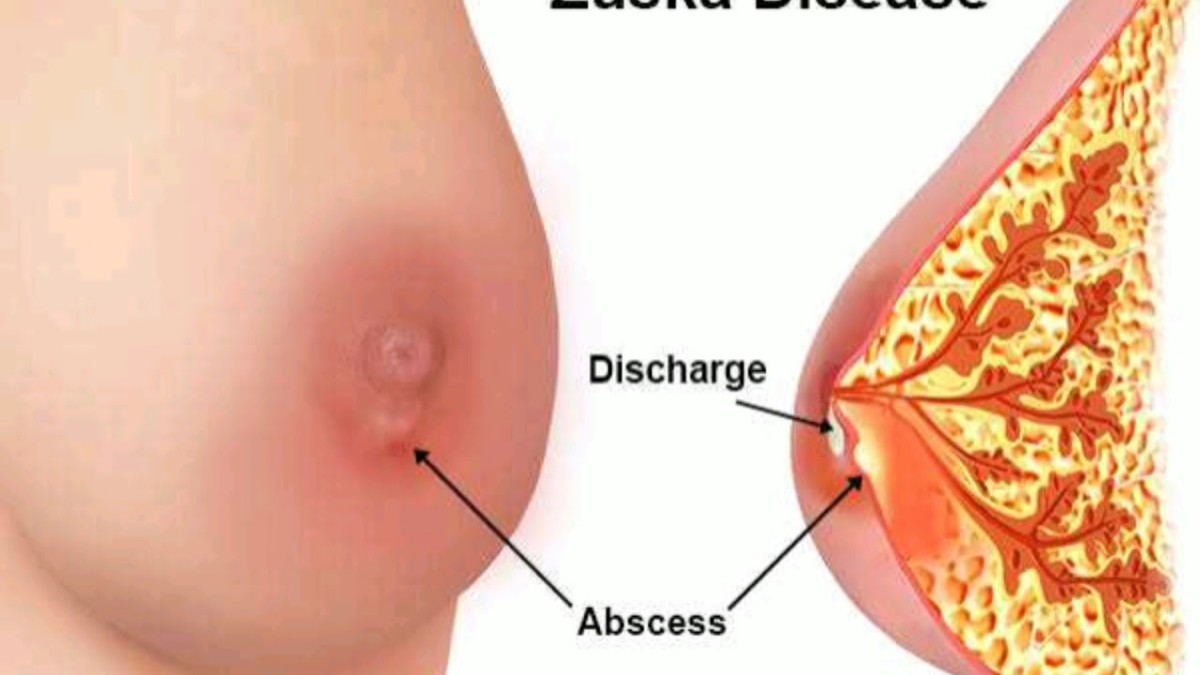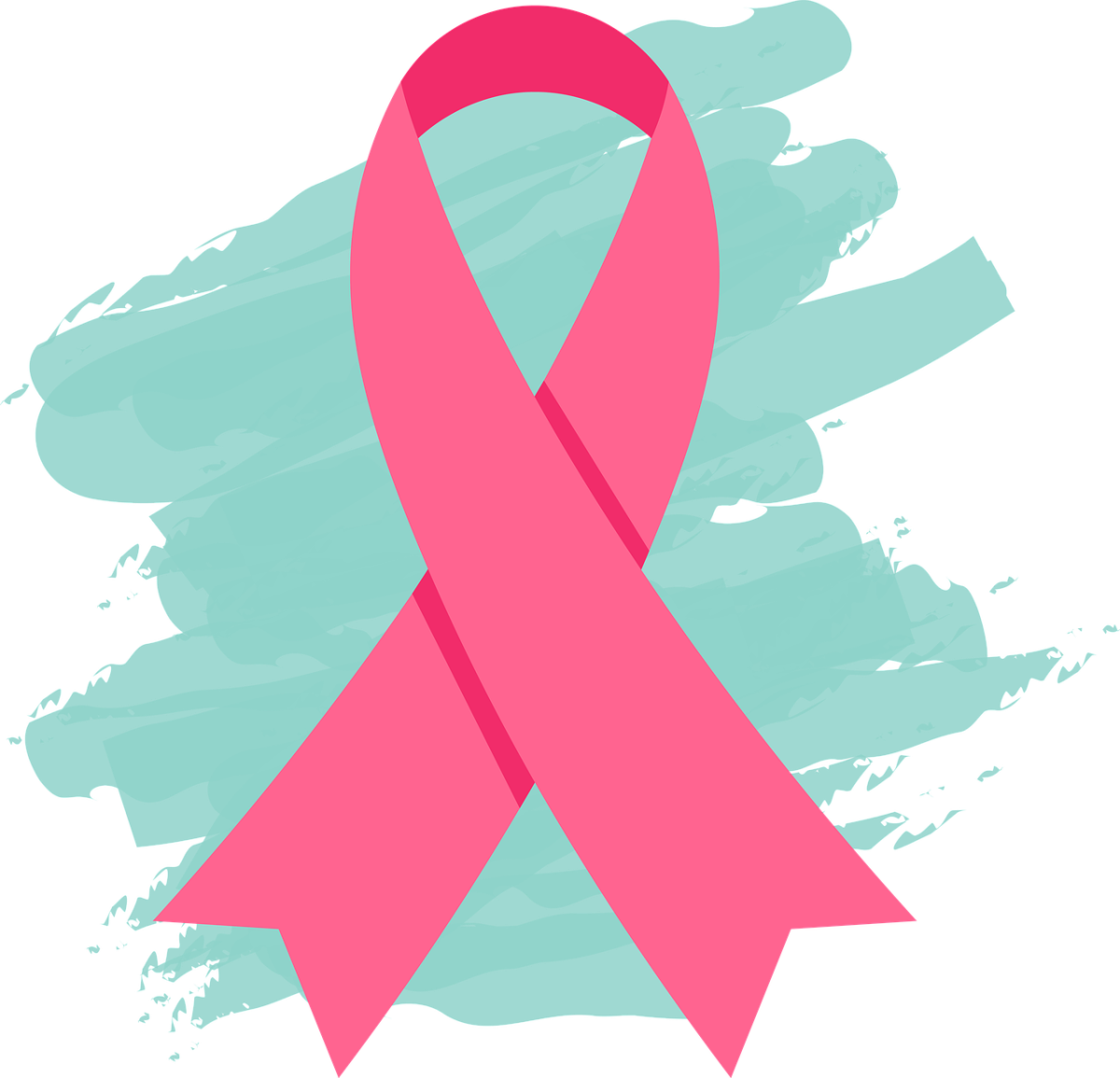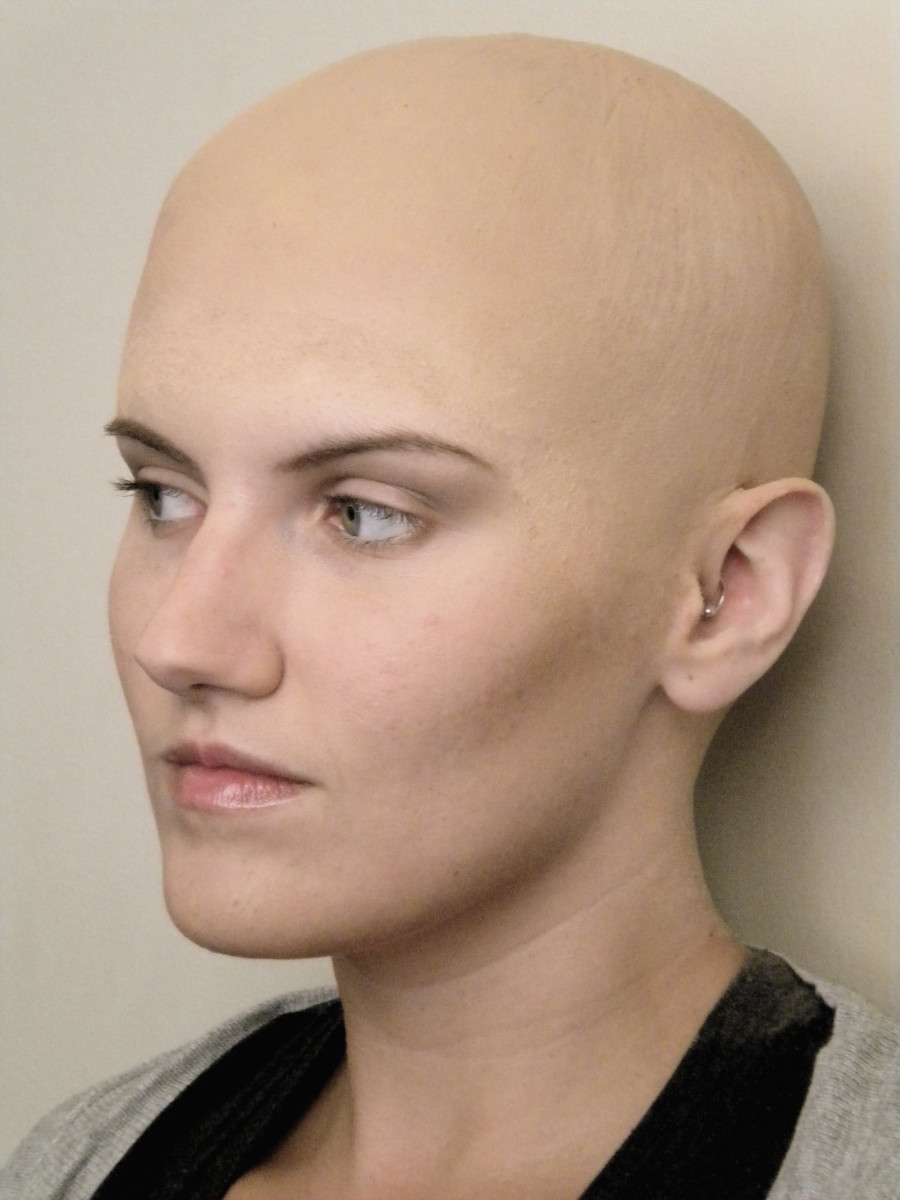Detecting Breast Cancer With a Self-Exam Check
Can you Detect Cancer with a Breast Check?
Let me start with the essentials. I am a cancer survivor. At the time of diagnosis, I was 46 years old, a marathon runner, Type 1 diabetic and mother of four. Interestingly, my doctors told me I was "young" for breast cancer. But if you are younger than I was, don't think you are in the clear!
On May 29, 2015, I found a lump in my breast while showering. After several doctor appointments and a biopsy, we determined it is Invasive Ductal Carcinoma: Breast cancer. Fortunately, it is the most common type of breast cancer. There are a lot of protocols and recommended treatments, with good prognoses for survival overall.
My doctors were able to give me a "stage" and "grade" for my breast cancer. Given the size and the aggressive nature of the tumor, I was told I am Stage IIB (also known as Stage 2B). If they had determined lymph node involvement, I might have been diagnosed as Stage III. The tumor itself was determined to be Grade III. There are only three grades of breast cancer tumors. Grade III is the fastest growing tumor. My doctors also told me that my tumor was hormone receptive, which is good news. When a tumor is hormone-positive, treatment to cut off the hormones that trigger cell division is commonly used.
Before they could recommend a course of treatment, I had to undergo genetic testing. Once the results came back, I was told that my treatment would include chemotherapy, surgery, radiation and hormone suppressor treatment.
Over the past several weeks, I have had doctors comment that it was a good thing that I do regular breast checks. The funny thing is that I didn't. I just happened to notice the lump while soaping up after a workout. Could I have caught this earlier? What if I had conducted frequent breast self-examinations?
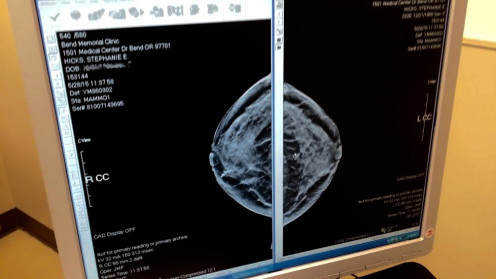
Do You or a Loved One Suspect Breast Cancer?
Does it Matter if You are at Risk for Breast Cancer?
This question is the most curious one for me. I have very little cancer in my family tree. I have since learned that it is a common misconception that "most breast cancers are hereditary." In fact, it is just the opposite! Of all breast cancers diagnosed in the United States, 80% of the patients have no family history of the disease.
My great-aunt died of breast cancer when I was about 5 years old. All told, I would have thought that cancer was the farthest thing from my own personal health concerns. This is particularly so because I already have Type 1 Diabetes. I'm not saying that there is a lower risk with this type of disease, but I pretty much figured thatI had already been dealt "my hand," if you will.
So, the answer to the question is no! No matter your family history, every woman should conduct regular self-exams. You should become familiar with your body so that any change is noticeable and reported to your doctor immediately.
Do not give yourself false assurances due to genetics, age, or other health factors. Each and every woman that is the age of (or older than) being capable of conceiving a child should conduct regular breast checks.
One in eight women will be diagnosed with breast cancer in their lifetimes. This is a serious statistic, but we also know that if the cancer is caught early, chances of survival are greatly increased.
Signs of Breast Cancer: Red Flags
If you are concerned about the signs of breast cancer, here are some basic red flags for which you should be looking.
1. Any change in the outward appearance of the breast? Among other things, look for scaly skin, redness, irritation, swelling, retraction of and/or nipple discharge. If your breasts are usually symmetrical and now they are not, tell your doctor.
2. Any change in how the breast feels? Many women experience pain and heaviness in the breasts during menstrual cycles or pregnancy. If these symptoms appear consistently during other periods, this could be a sign of breast cancer.
3. Any change in the feeling of the breast issue? A palpable lump in the breast should be checked out as soon as possible.
4. Any change in the tissue surrounding the breast? The lymph nodes under the arm may become inflamed, swollen and tender, even where other signs of breast cancer are not present. if you see any signs of change in the tissue surrounding the breast, you should make an appointment with your doctor.
5. Are you getting older? The older you get, the more your chances of breast cancer increase. That is why the American Cancer Society recommends all women 40 years and older to have regular mammograms. Women at increased risk of breast cancer should also have magnetic resonance imaging (MRIs), which can be more effective at detecting any change in breast tissue that may be of concern.
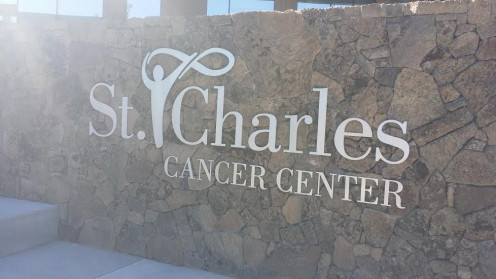
What if I Already See My Doctor Regularly? Should I Still Conduct Breast Exams?
Even if you have regular mammograms and professional breast examinations, you should continue breast checks at home regularly.
One of my high school friends was diagnosed with breast cancer only five months after her first mammogram, which turned up negative. Like me, she felt a lump after her own breast check. She is a survivor today after chemotherapy, a double mastectomy and years of continuing hormone therapy.
I had my first mammogram two years ago, which came out clear. The new guidelines recommend that women 40 years old should have imaging examinations every two years, unless they are considered at highest risk. Some recommendations suggest that women can wait until age 45 or even 50!
I found it fascinating when my doctor told me that a lump that is palpable (you can feel it externally) usually has been growing for five years. That means that my initial mammogram was a false positive!
Breast Check for Lumps
Be Alert for Signs of Breast Cancer
The sad fact is that one in eight women do not conduct regular breast checks. When found early, most types of breast cancer can be eradicated/cured. You can help tips the odds in your favor by doing regular breast self-examinations.
This is not to say that anyone that finds a breast lump on their own: (1) has cancer, or (2) will be cured. I understand that many lumps are benign cysts, or non-cancerous growths. Yet, knowledge is power. So, keep checking and if you have any question whatsoever, request professional medical attention to help you rule out breast cancer. The earlier any change is detected, the better the overall prognosis.
Many breast cancer tumors are found in mammograms, ultrasounds and/or MRIs. If you are at higher risk, be sure to have these examinations frequently. Also, clinical breast examinations (CBE) are recommended annually for any woman of child-bearing age or older. Months or years may pass between these appointments, however. Be aware of your own body and watch for any unusual or sudden changes.
Breast cancer can strike young women - and even men! Don't let your relatively low risk factors dissuade you from doing regular breast check. Know your own body and trust your intuition. Get checked by a doctor if you have any questions or concerns!
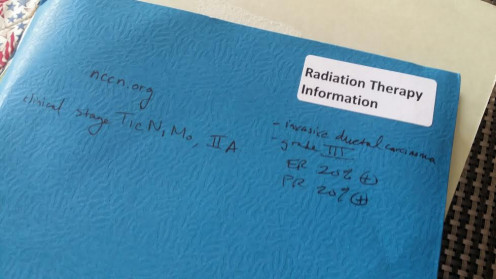
Checking for Breast Cancer Symptoms
This content is accurate and true to the best of the author’s knowledge and does not substitute for diagnosis, prognosis, treatment, prescription, and/or dietary advice from a licensed health professional. Drugs, supplements, and natural remedies may have dangerous side effects. If pregnant or nursing, consult with a qualified provider on an individual basis. Seek immediate help if you are experiencing a medical emergency.
© 2015 Stephanie Marshall

